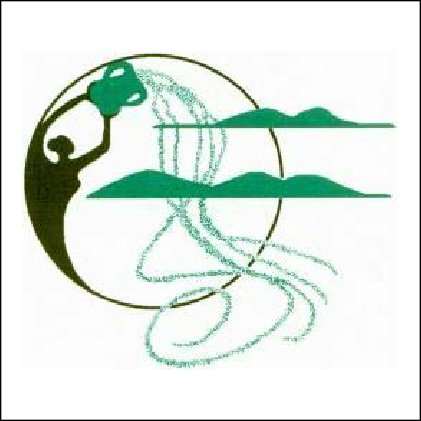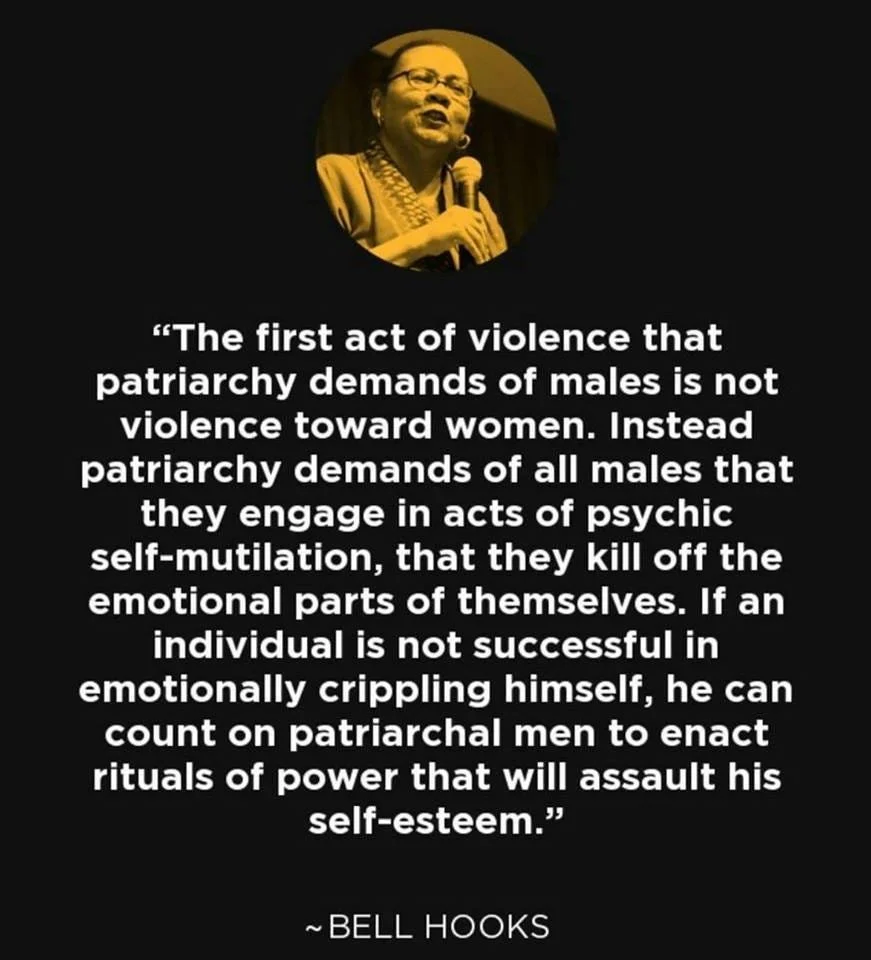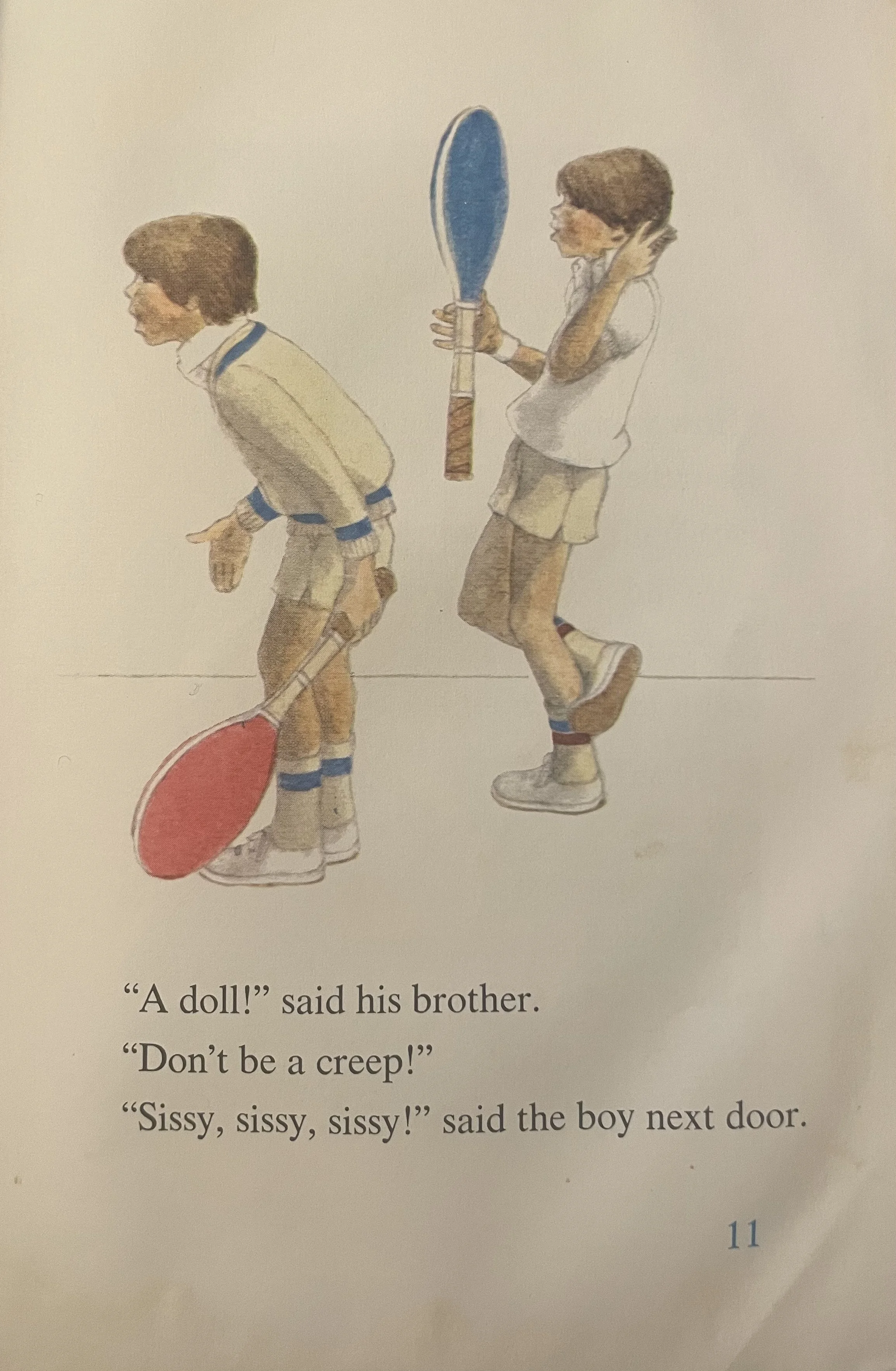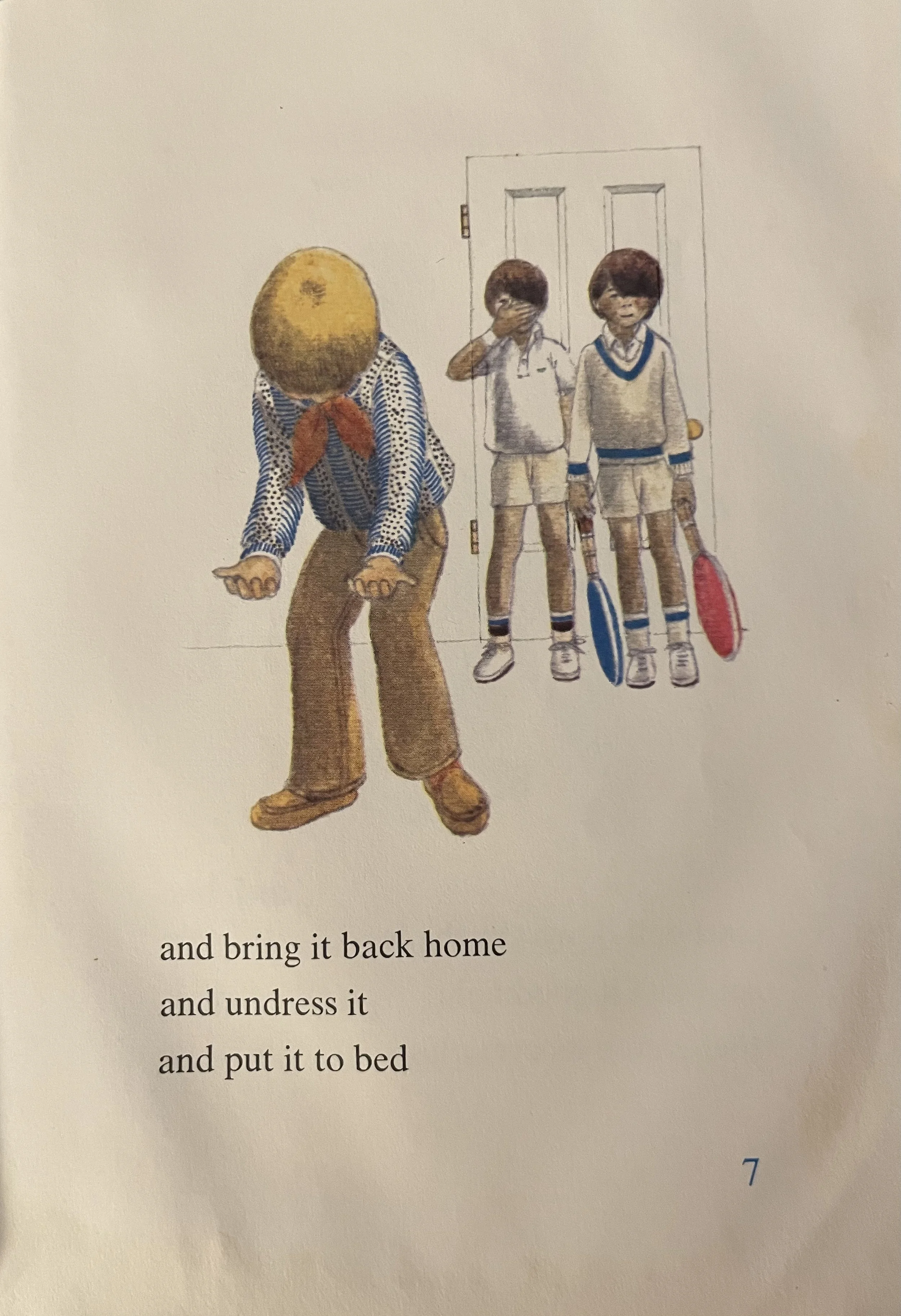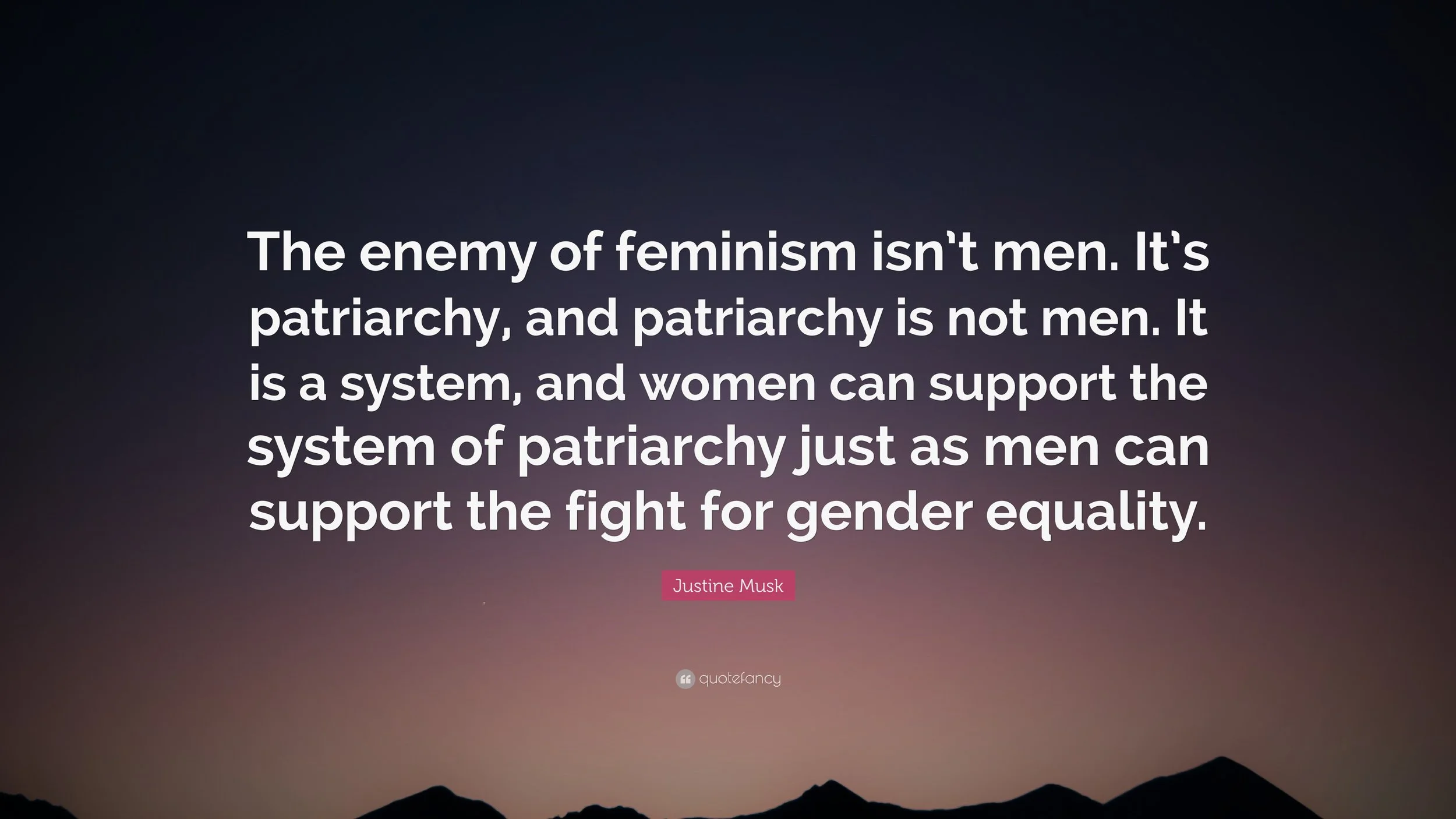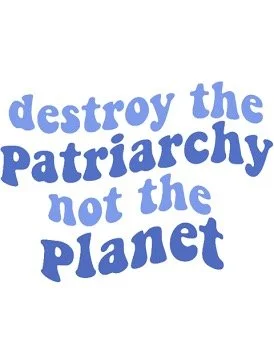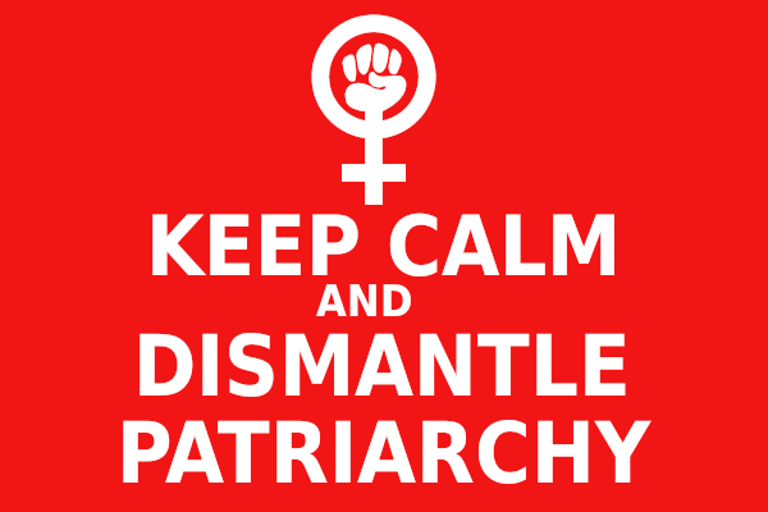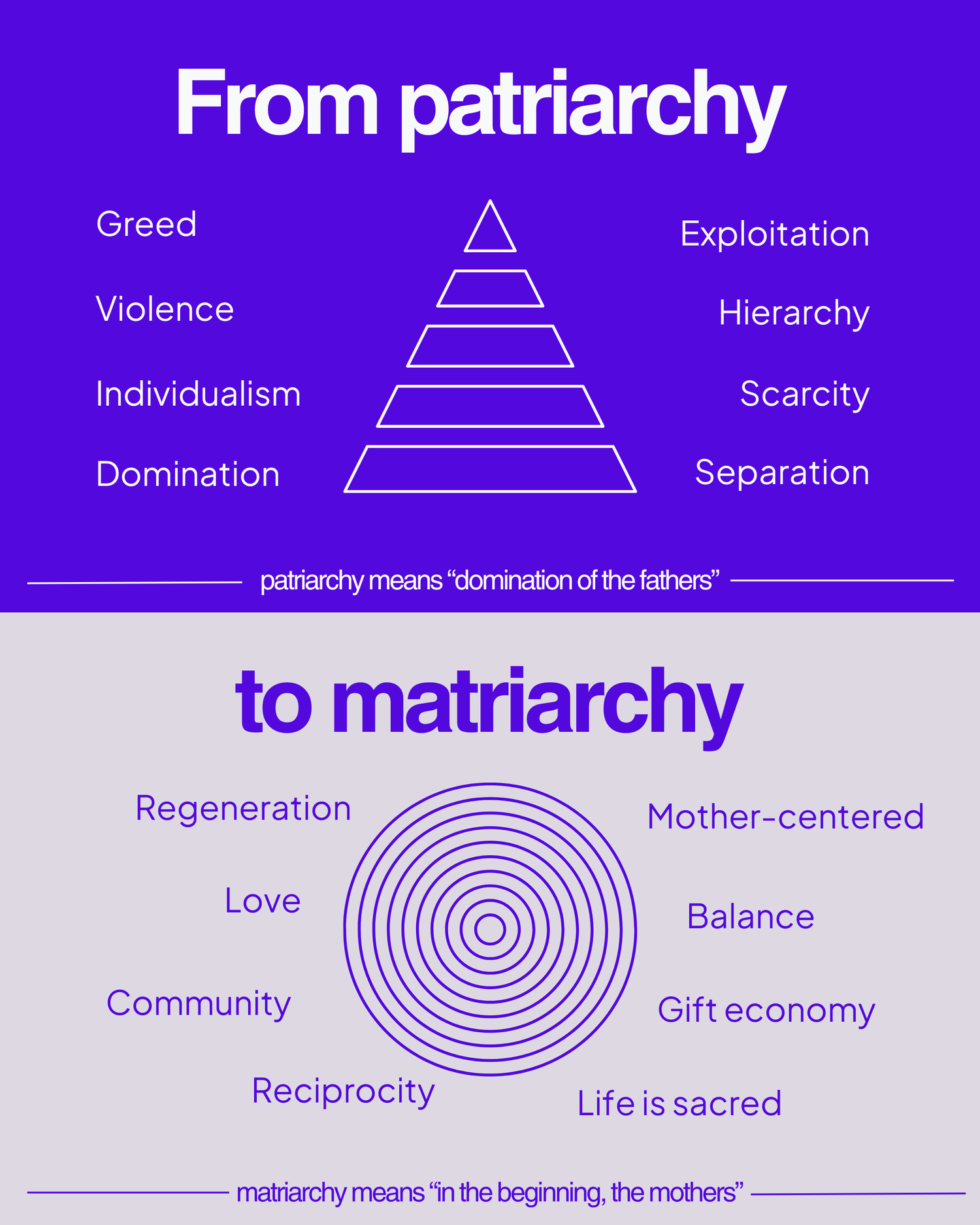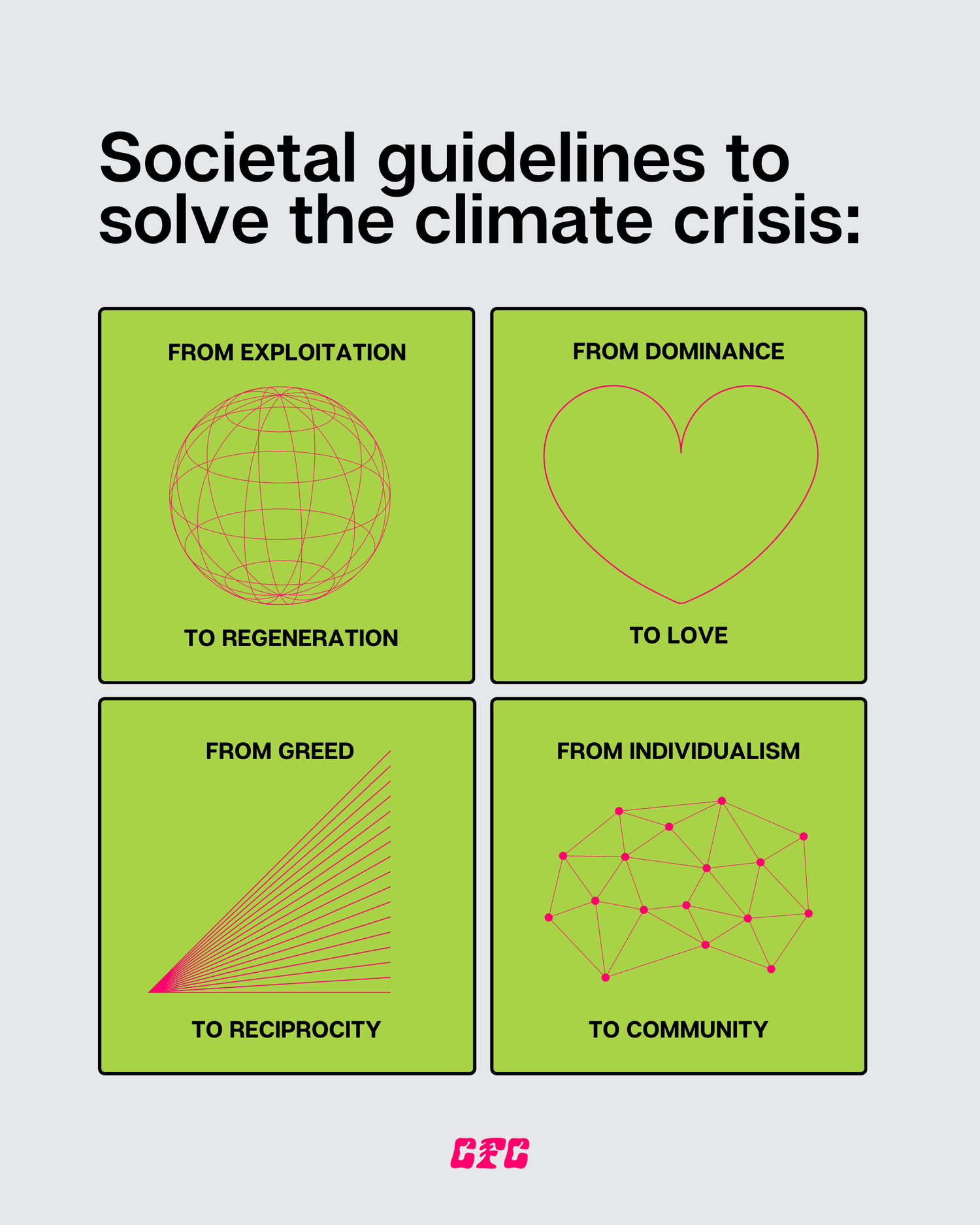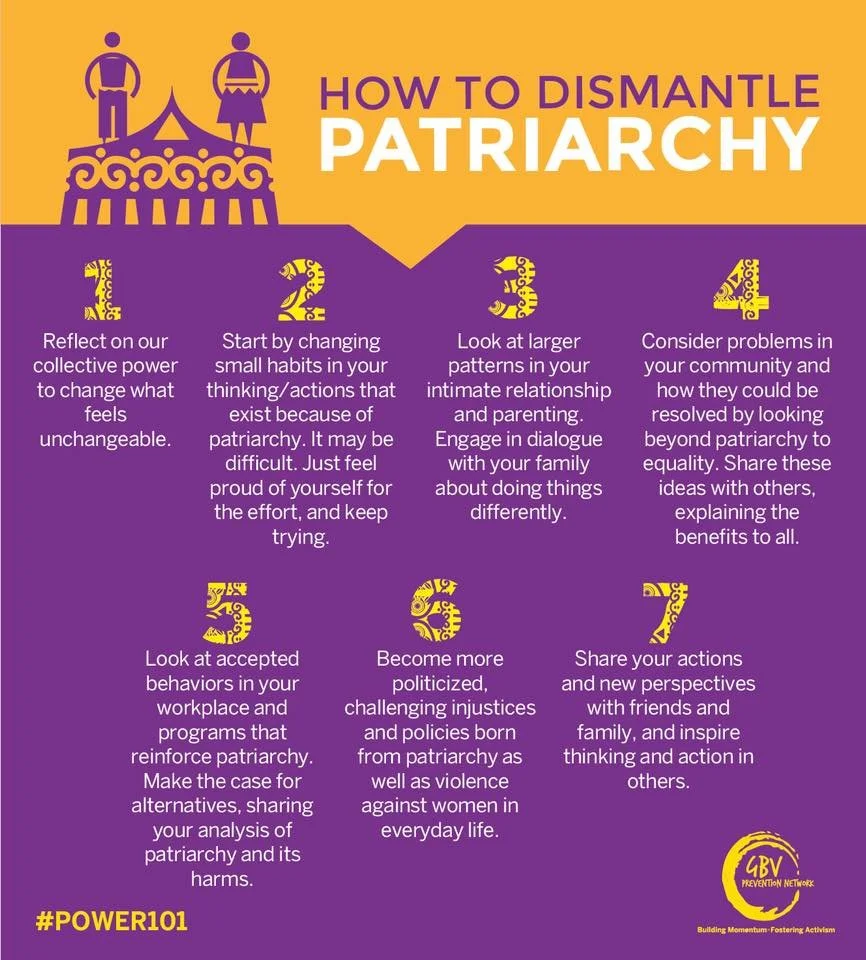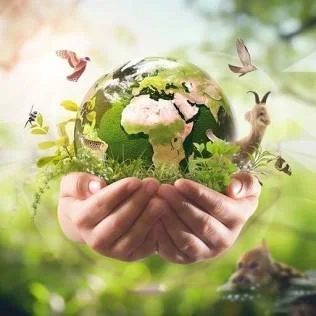PATRIARCHY: An Ethics of Domination vs. An Ethics of Care
The following two pages show how those male emotional-suppressing rituals of power work.
WILLIAM’S OTHER DESIRES IN ZOLOTOW’S STORY
William's Doll is a 1972 picture book by Charlotte Zolotow, one of the first children's texts to address nontraditional gender stereotypes. The story follows William, a young boy who wishes for a doll to care for. His father is unhappy with this, instead giving him toys that he considers to be more gender appropriate. Finally, his grandmother fulfills his request, explaining to her son that it will let him practice good parenting.[1]
Gender stereotypes are a cultural construct.
As such, they can be addressed and changed.
Justine Musk quote used with permission of quotefancy.com
So, what can we do?
WHY DO WE NEED TO DESTROY PATRIARCHY?
The stifling of the male empathic psyche is one aspect of patriarchy that overtly harms men and boys while covertly harming women, girls, and the Earth.
However, it is the patriarchal culture’s overtly unsuppressed effusion of the sense and desire for dominance and control of the “other” that translates to the overt harm of women and girls and the environment.
Ecofeminism tells us that the harmful ways that the dominant male culture treats women and the Earth are of one piece. They are inseparable, with patriarchy serving as the lynchpin root of them all.
So, the benefits to destroying patriarchy would occur precisely because this would result in a refocusing of values—from an ethics of domination and control to an ethics of care.
Destroying patriarchy involves challenging and changing those deeply ingrained societal systems and beliefs that grant men disproportionate power and privilege, while disadvantaging women and others.
Dismantling the system would require addressing societal norms, challenging sexist attitudes, and advocating for equitable structures in all aspects of life.
Some General Recommendations on how to go about it:
Shift Mindsets:
Encourage a reevaluation of gender roles, stereotypes, and societal expectations that reinforce patriarchal norms.
Avoid Gender Stereotypes
Encourage mixed-gender playdates. Boys and girls who play together tend to engage in more varied activities.
Reinforce behaviors that shatter stereotypes.
Question all generalizations.
Tune in to your own biases.
Build Alliances:
Work with diverse groups and individuals, including men and boys, to create a more equitable and just society.
Education and Awareness:
Raise awareness about patriarchy and its impact; promote critical thinking about gender roles; and educate others about the need for change.
Support
Provide resources, support, and advocacy for those individuals who are experiencing discrimination or violence.
We might want a more concrete method and a vision!
While perhaps not perfect, here is a theory that could serve as a possible start to jog us (at first mention) from our comfort zone!
In her article, “The Next Wave of Feminism is Matriarchy,” written on chixmag.com, Nergiz de Baere suggests a change to society that would prioritize ancient matriarchal values.
De Baere emphasizes that:
It would not be matriarchy as you might be expecting it in a top-down form that replicates patriarchy. It would be a values-focused format.
Matriarchy is patriarchy in reverse, BUT NOT IN THE WAY YOU THINK.
A patriarchy is a hierarchical social structure where men are in charge.
If the patriarchy were a shape, it would be a triangle with certain (rich, white, [male-identified]) men at the top and everyone else organized by how much or little power their intersecting identities give them.
Organizing people in this way creates and normalizes relationships of domination. The higher up you are in the triangle, the more power you have to dominate others.
I learned from bell hooks that domination and love can never coexist. Domination only ever alienates and creates harm.
Seen in this way, patriarchy has much more damaging effects than “just” subjugating women. Racism and capitalism could not have existed without patriarchy. A climate crisis that results from dominating nature wouldn’t exist without patriarchy.
A matriarchy is a social structure where women (mainly mothers) are at the center. The idea that every human being originates from a mother is reflected in the cultural norms of a matriarchal society.
In a matriarchy, there is no top or hierarchy, there is only an inclusive circle where everyone’s needs are met.
Dr. Heide Goettner-Abendroth, a researcher of Matriarchal Studies, is a pioneer in looking at human history through a non-patriarchal lens.
Her 2022 book, Matriarchal Societies of the Past and the Rise of Patriarchy: West Asia and Europe, examines archeological evidence to bring to light the groundbreaking revelation that for most of history, humans have lived in peaceful matriarchal societies.
De Barre states that “the hot take of Goettner-Abendroth’s book is that patriarchy is not natural, it’s only historical. It’s only a legacy.”
Nergiz de Baere provides these two charts in her article:
“Using the principles of ecofeminism,” she says, “I wrote a manifesto for how to create a better society, identifying [the] four [following] properties of our current society that need to change if we hope to survive on the planet.”
A note of caution: Some scholars, who have studied the early civilizations that have honored the feminine, caution against any current literal religious attempts to return to a matriarchal age as if it were a panacea for current ills.
For example, Mary Judith Ress, in her book Ecofeminism in Latin America (pages 84-88), reports on feminist archeologist Marija Gimbutas whose major work is The Civilization of the Goddess.
Gimbutas, from archeological studies, interprets Old Europe as a civilization without war or male domination, and one in which women played central roles in its religion and society. She deliberately terms Old Europe as “matrifocal” (honoring women) and probably matrilineal with family ties traced through the female line.
Gimbutas does not call Old Europe “matriarchal” because this would imply that women dominated men, and she insists that men played important and valued roles within the culture, especially with regard to trade. [3]
BEACONS OF HOPE!
THERE ARE ORGANIZATIONS WORKING WITH MALE CULTURE TOWARD ESTABLISHING WITHIN IT AN ETHICS OF CARE.
https://www.nextgenmen.ca
Boys learn what it means to be a ‘man’ by running into the harsh constraints of manhood at a young age—when their feelings get shut down, when their words become fists, when they become the first witnesses in a cycle of male violence whose first victim is boys themselves.
Next Gen Men is a small Canadian nonprofit whose work is dedicated to change how the world sees, acts and thinks about masculinity.
We bring together perspectives from across North America, across genders and backgrounds to talk about why we all have a stake in the future of masculinity. Find us in your community, your classroom, your workplace, online, across Canada, the U.S. and anywhere you find our community.
A Call to Men: The Next Generation of Manhood
Our Vision
Helping create a world where all men and boys are loving and respectful and all women, girls, and those at the margins of the margins are valued and safe.
We work to transform society by promoting healthy, respectful manhood and offering trainings and educational resources for companies, government agencies, schools, and community groups.
Since our founding in 2002, we have worked with organizations around the world, including the National Football League, National Basketball Association, National Hockey League, Major League Baseball, Major League Soccer, Uber, Deloitte, Harry’s, J.P. Morgan, the United States Military, the U.S. Department of Justice, the United Nations, and colleges and universities across the country.
THE BRIDGES WE BURN
CURATED CONTENT TO FOSTER NEW MASCULINITIES
“How to Dismantle Patriarchy,” April 10, 2018, a blog. In just 7 steps, the Gender-Based Violence Prevention Network (GBV) offers tangible actions we can all undertake in our own lives to undermine patriarchy.
– Brett Goldberg
https://journeymentriangle.org
Raleigh, NC
Jordan Bowman, executive director
With countless numbers of boys yearning for positive connections with men who will see and honor them for who they are, the need is great.
Research shows that our mentoring works. Our boys transform before our eyes, blossoming into young men that exhibit integrity, compassion, and connectedness.
Journeymen is supported by:
weave: The Social Fabric Project, The Aspen Institute
https://weavers.org/
David Brooks, Founder
Weave: The Social Fabric Project tackles the problem of broken social trust that has left Americans divided, lonely, and in social gridlock. Weave connects, supports, and invests in local leaders stepping up to weave a new, inclusive social fabric where they live. The project was founded by New York Times columnist and author David Brooks at the Aspen Institute.
The Hive Fund for Climate & Gender Justice
Hive Fund raises funds and makes grants to groups working to accelerate the transition from dirty to clean energy in ways that center justice, redistribute power, and create healthier, safer…communities.
We focus our grantmaking in the US South — a region whose high pollution levels, abundant opportunities for clean energy expansion, and legacy of environmental justice leadership make it critical for global climate progress.
UN Women is the United Nations organization delivering programs, policies, and standards that uphold women’s human rights and ensure that every woman and girl lives up to her full potential.
UN Women’s Call To Action:
How to Counter the Manosphere’s Toxic Influence
Everybody loses in a world with gender inequality, even in the digital world.
But in the manosphere, influencers are spreading – and profiting from – controversial content that fuels misogyny, promotes unhealthy definitions of masculinity, and normalizes violence against women and girls.
Misogynistic online content harms men and women alike. This UN Women call to action explores practical actions to shrink its influence and promote digital gender equality.
UN Women Solidarity Movement for Gender Equality: HeForShe
UN Women HeForShe
HeForShe, a solidarity movement for gender equality launched by UN Women in 2014, aims to engage men and boys as advocates and agents of change for gender equality and women's rights.
The initiative was founded by Elizabeth Nyamayaro, a Senior Advisor within UN Women. Following Nyamayaro, Emma Watson (of Harry Potter cinematic fame, she performed as his close friend Hermione Granger) became a prominent figure and was appointed as UN Women's Goodwill Ambassador. She became the face of the HeForShe campaign, significantly raising its profile and visibility.
In a powerful speech given at the UN on September 20, 2014 (her speech went viral), Emma Watson emphasized that the HeForShe movement is about freedom and breaking gender stereotypes, so that men and women can be free to be both sensitive and strong.
Watson believes that breaking the stigma around what it means to be masculine, and allowing men to be vulnerable, will subsequently lead to equality for women.
And, an ecofeminist might add, it will also lead to equality for the Earth.
…To be continued
IN YOUR OWN WORDS:
—Preview of current post: Patriarchy: An Ethics of Domination vs. An Ethics of Care
—So much good stuff. Hope it gets worked on. —E.
—Previous Post: Ecofeminism—First Stop: What really is the Earth? by Anne Andersson, May 29, 2025
—Thank you. Enjoyed the art work. —R.E.
—Previous Post: A Guiding Light in the Search for a Better Tomorrow: WHAT IS ECOFEMINISM? by Anne Andersson, June 5, 2025
—Your post was great! Even when I’m not sure I totally understand a statement, you explain it immediately afterwards! The cartoons, illustrations & the dioramas are the best! —L.C.
—I liked your recent C:WED post! 👏👏👏 —M.A.
—All blessings to you and your young friends. —E.
—Great post! —C.A.
—So timely. Thank you Anne. Sending to several more friends
XO —J.W.
—Thank you. —R.E.
We love it when you comment! ❤️
Do let us know if you prefer to have your first name or just initial(s) shown as the author of your comment—or none at all.
Resources:
(1) Charlotte Zolotow, William’s Doll, 1972, Harper & Row, Publishers.
(2) Heide Goettner-Abendroth, Matriarchal Societies of the Past and the Rise of Patriarchy: West Asia and Europe, 2022, Peter Lang AG International Academic Publishers.
(3) Mary Judith Ress, Ecofeminism in Latin America, 2006, Orbis Books, Maryknoll, NY.
C:WED Wish List:
—If you have any suggestions for topics you would like to see us address going forward when we complete this series, please do let us know!
—Please remember us when you are thinking of making a charitable contribution.
—Or when you see an article—or something else—that you think our readers would like.
Contributions to keep us technologically alive may go to:
Articles—or something else of interest—may go to our email: info@cwed.org
or click on this button:
We have planned this series to explore two movements—the Women’s Movement and the Environmental Movement as they exist and are linked in a patriarchal world—and as shown through the lens of ecofeminism.
We have adjusted our publishing schedule, still one post each week, for the next few weeks —to the completion of this series.
